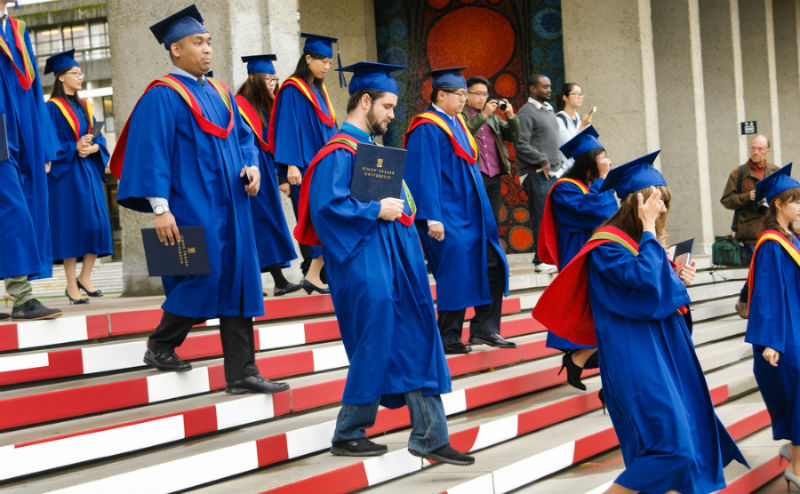'Some people call them soft skills, we like to call them human skills'

OTTAWA (CP) — Canada can better prepare for a technologically disrupted future by producing more liberal-arts graduates, says a new report by the Royal Bank of Canada (RBC).
The bank's study found that as more workplaces go deeper into automated labour there will be a growing need for people who have well-honed human skills in areas such as critical thinking, communications, active listening and curiosity.
These skills, it said, are often cultivated by liberal-arts programs, which could include disciplines like philosophy, geography and English literature. The study collected input from more than 5,000 employers, youths, workers and educators from across Canada.
``It's fascinating how right across the board, including at tech companies, there's this growing demand for these — some people call them soft skills, we like to call them human skills,'' said John Stackhouse, a senior vice-president at RBC and former Globe and Mail newspaper editor who holds a business degree.
``Those (skills) are often developed in places that may not be obvious and that's why one of the points in our report is shining a light on liberal arts, which we heard far and wide is underappreciated in the country.''
Enrolment in liberal-arts programs fell 17.5 per cent from 2011 to 2017, the report said, while the number of people studying mathematics as well as computer and information science climbed 45 per cent over the same period.
The document also makes a number of policy recommendations, including the creation of a ``GPA for skills'' that would define how abilities in these areas can be measured and presented on student transcripts. It would also give graduates and job-seekers an opportunity to highlight things like extracurricular experience, Stackhouse said.
``I think we all know a resume is an antiquated device. It still lists what we studied, the courses that we took and maybe says how we did on those courses,'' he said. ``It doesn't capture those skills that employers are looking for and, frankly, that individuals want to pitch to the world.''
Technology will heavily disrupt more than 25 per cent of jobs in Canada over the next decade, the report said.
Stackhouse said some of the best schools are already bringing together a range of skills in the classrooms — for instance, English-literature programs are putting more value on digital or mathematical skills, while engineering programs are putting a much greater focus on communication ability.




